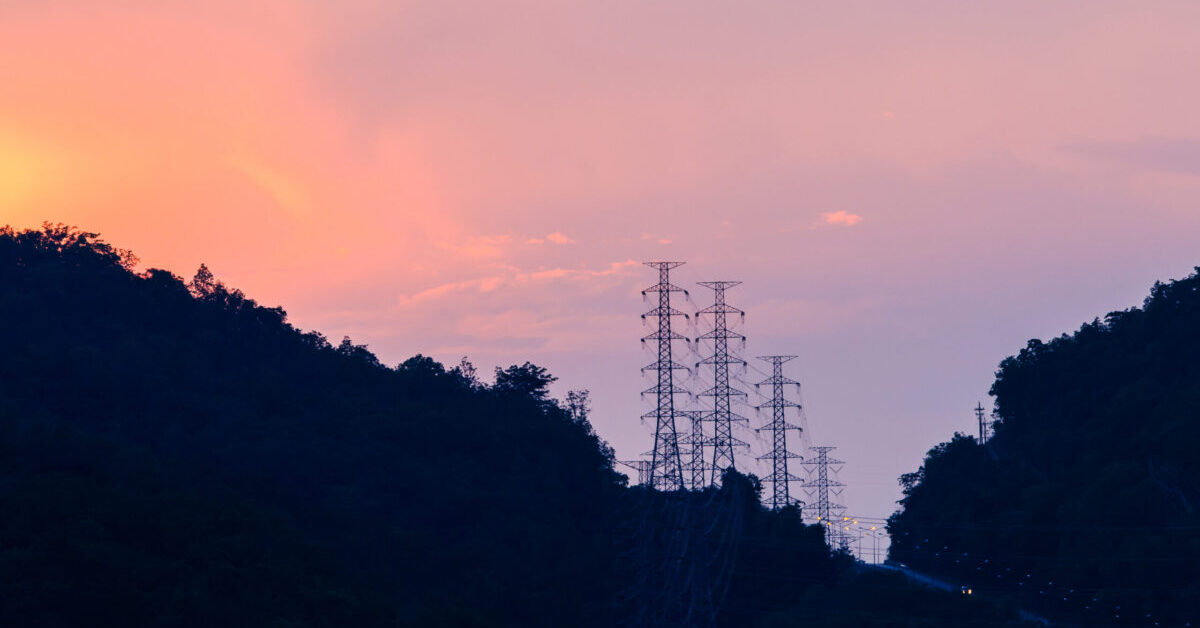CEBA Advocates for Clean Energy Policy and Procurement Solutions in Japan

By Camorah King
Access to new, reliable, and cost-competitive clean energy is a high priority for CEBA members’ current and planned investments in Japan. CEBA’s members and their more than 1,000 value chain partners located in Japan have ambitious decarbonization goals, with some companies seeking 100% carbon-free energy across their value chain as early as 2030.
Japan, with Asia’s second-largest economy and the world’s third largest manufacturing market, is a critical energy market for CEBA members. However, Japan’s current renewable energy supply is limited and represents only 25% of the nation’s electricity mix. To offer possible solutions that will help facilitate customers’ clean energy procurement in Japan, CEBA has published an Issue Brief on Energy Customer Needs in Japan. The issue brief also is available in Japanese. The brief discusses ways Japan can lower costs and enable accelerated clean energy investment and procurement, by:
1. Facilitating the buildout of an 80% clean energy grid by 2035 through increased government investment, as well as opening new accessible land, improving grid infrastructure, and streamlining permitting and planning;
2. Unlocking market competition and demand-side participation in policy-making processes to catalyze clean energy at least cost through economies of scale; and
3. Enhancing and expanding cost-effective clean energy options for energy customers.
Since 2014, Japan has added an average capacity of 7.6 gigawatts (GW )of renewable energy annually, though the additions have decreased to just 4 to 5 GW during the past two years. Companies report they can only cost-effectively source 25% of their electricity demand with renewables in Japan, compared to a 50% global average.
Installation costs for renewable energy in Japan are among the highest globally, with utility-scale solar more than double the global weighted average. According to an analysis released by the SEMI Energy Collaborative, corporate energy customers in Japan by 2030 could face a 20% to 50% shortfall against their clean energy targets.
Despite these challenges, Japan has enough renewable energy potential to achieve climate neutrality by 2050 and achieve its commitment to the 3XRenewables Pledge. Various studies estimate that Japan has somewhere between 670 to 3,710 GW of solar, wind, and geothermal resource potential. A Lawrence Berkeley National Laboratory study found that if Japan increased renewable energy deployment by an average of 10 GW per year between 2020 and 2035, average wholesale electricity costs would decrease by 6% from 2020 levels.
Japan is currently updating its Strategic Energy Plan, which is revised every three years to direct Japan’s energy policy. The Ministry of Economy, Trade and Industry also aims to maximize the impact of Japan’s Green Transformation (GX) Promotion Strategy in order to promote economic growth through a clean energy transition.
As the government of Japan makes these updates, CEBA strongly encourages the nation to consider the recommendations in CEBA’s issue brief. Accelerating clean energy investment and deployment provides an opportunity for Japan to retain and attract new investment in critical industries, strengthen industrial competitiveness, enable electricity cost savings, improve self-sufficiency and resilience, and contribute to carbon neutrality by 2050.
CEBA and its members are eager to support partnership with Japan to build a resilient, carbon-free electricity system. Through the Clean Energy Demand Initiative, a joint Secretariat with the U.S. Department of State, CEBA fosters public-private collaboration to accelerate the global deployment of clean energy. As a partner of the SEMI Energy Collaborative, CEBA supports the recommendations provided in SEMI’s position paper for Japan.
For more information on CEBA’s engagement in Japan, contact Camorah King.
